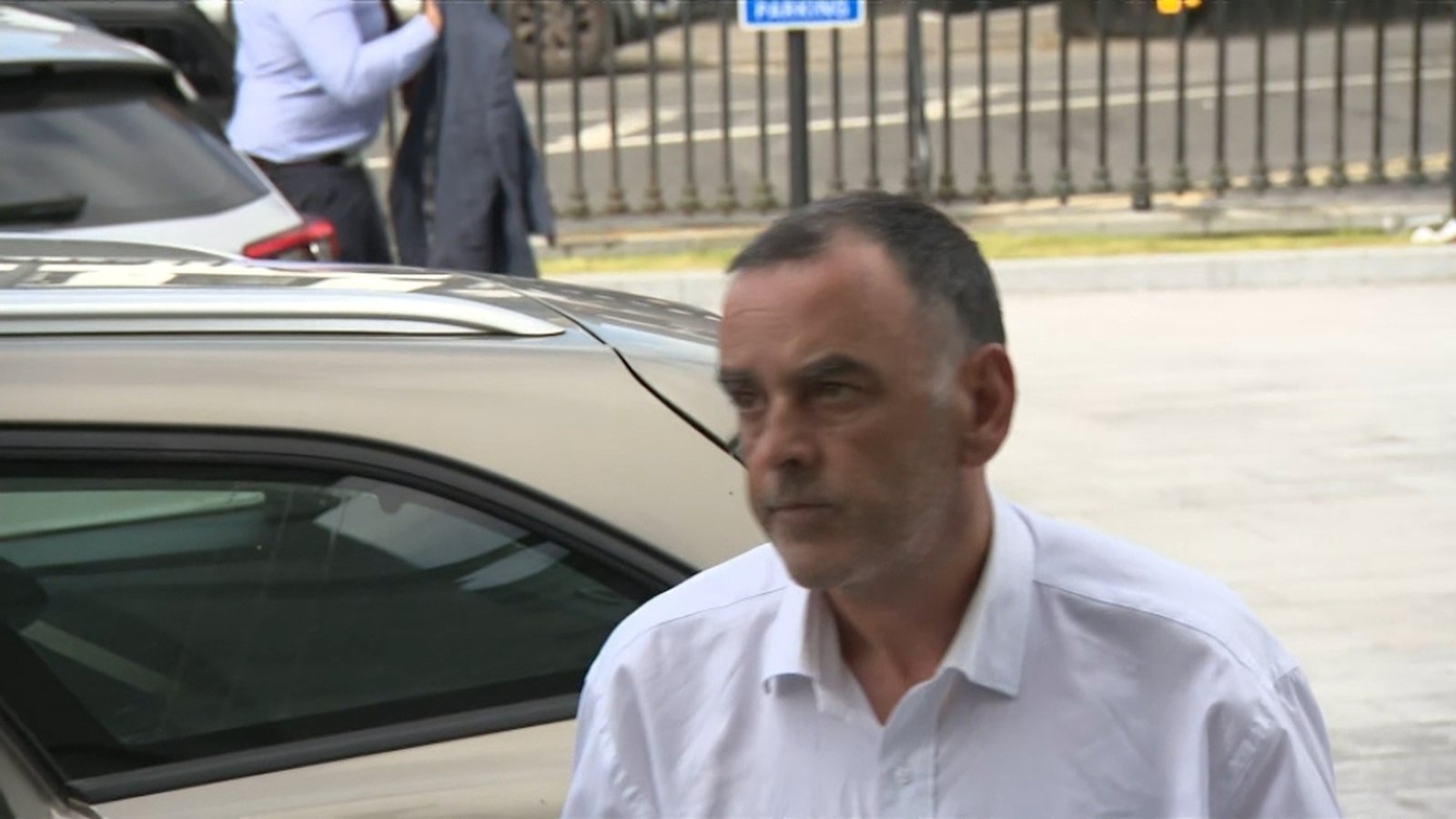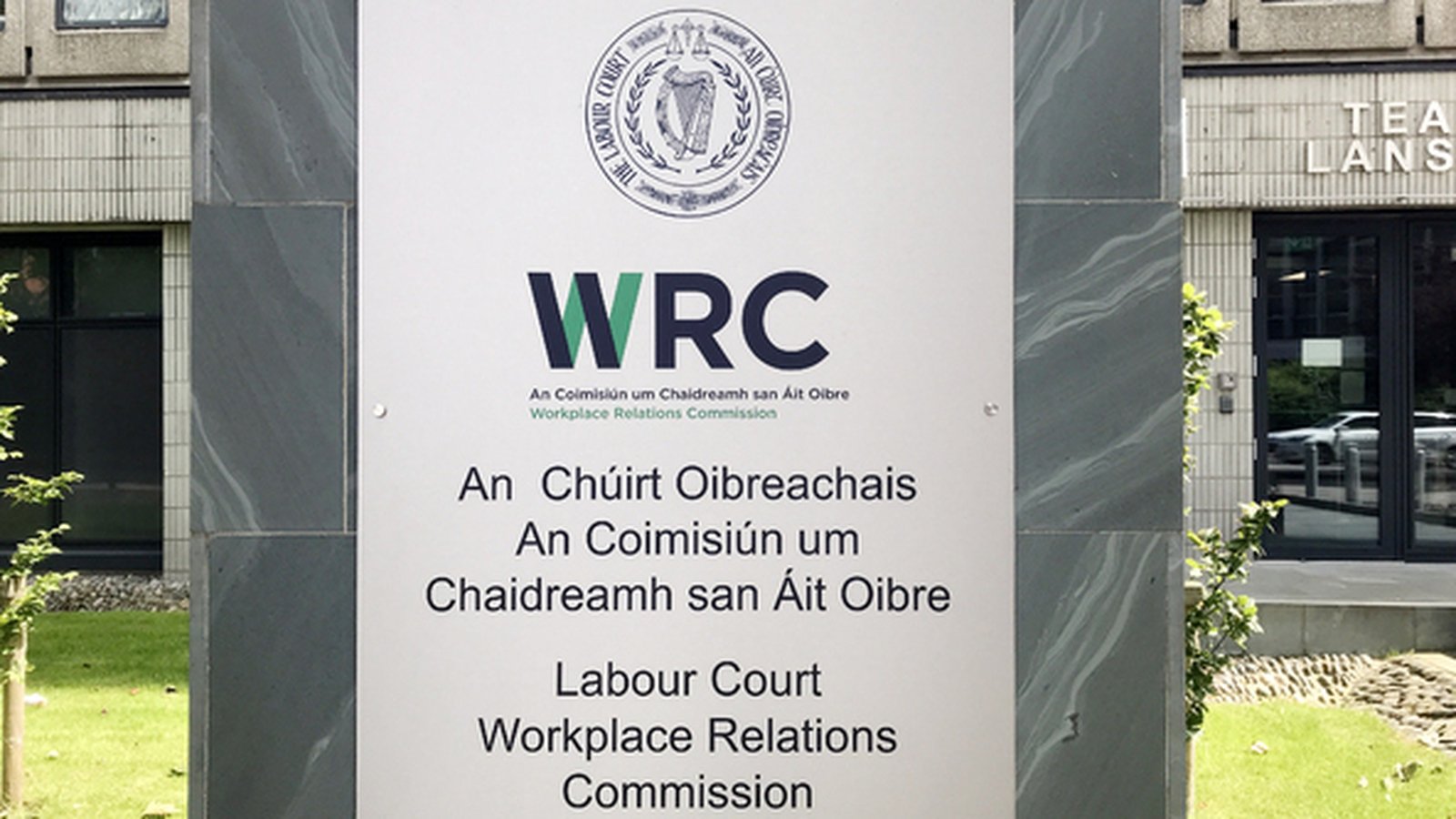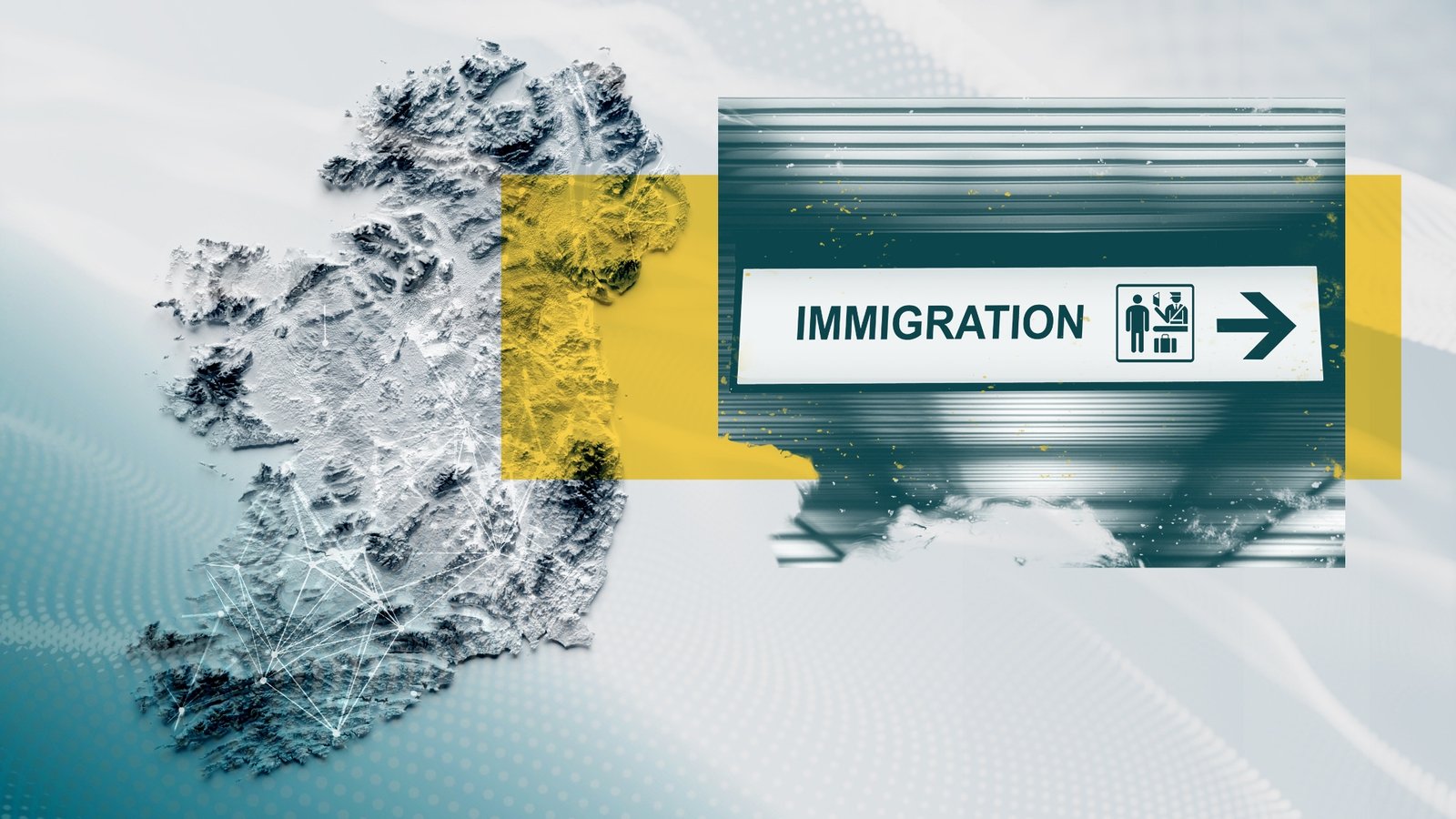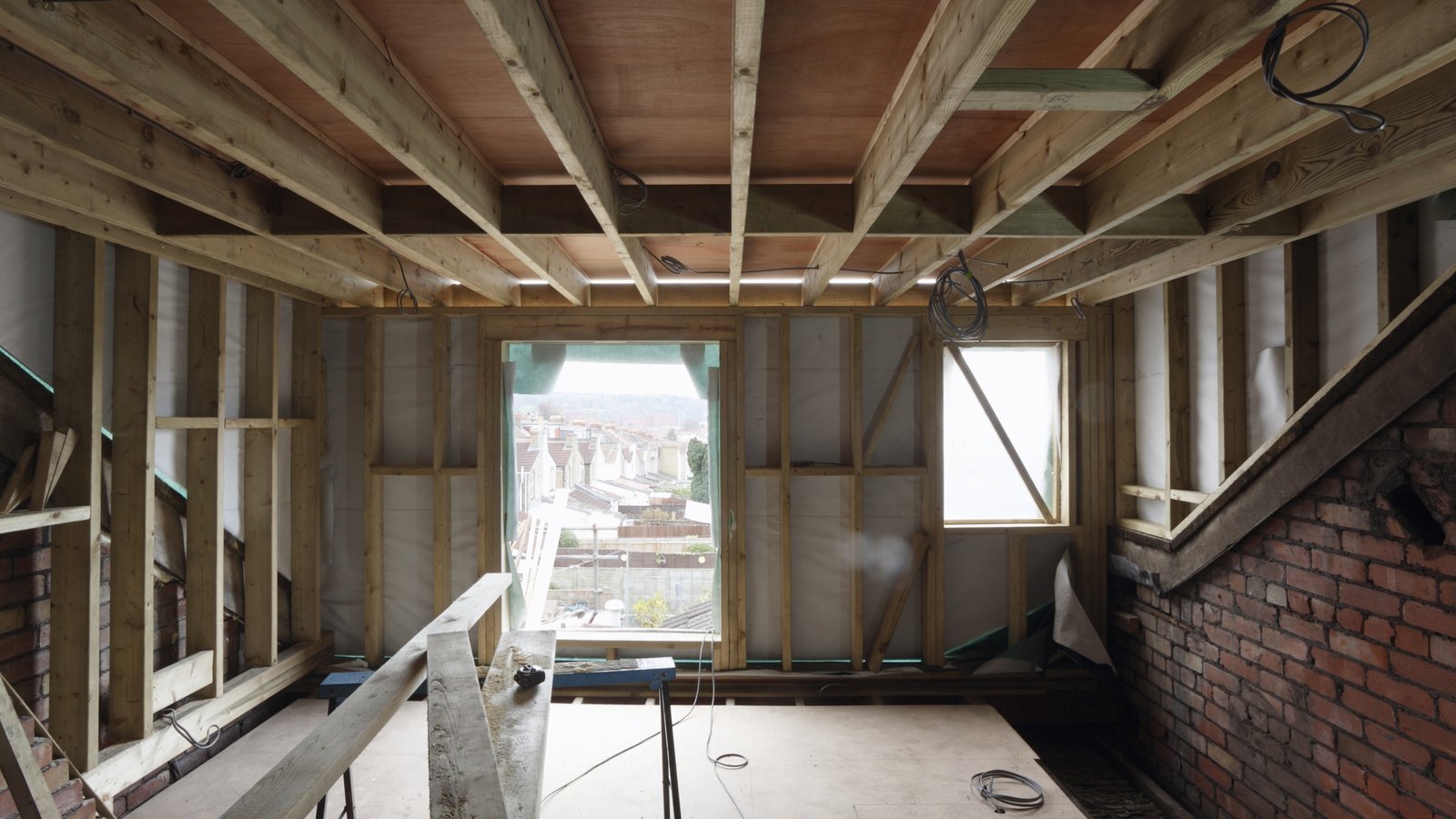EU to withdraw plan to reduce chemical pesticide use

A European Commission proposal to reduce the use of chemical pesticides in the EU by 50% by 2030 is to be withdrawn by President Ursula von der Leyen.
Speaking in the European Parliament this morning she said the proposal “has become a symbol of polarisation”.
It has already been rejected by the European Parliament she said, and has made no progress among members states at the European Council level either.
She described the SUR proposal as “worthy” and said a new proposal could be made, but she intends to ask the Commission to withdraw the SUR in its current form.
Farming organisations across Europe had deep reservations about the proposal saying it would reduce crop yields by removing vital tools for protection and production.
There were also concerns that it would give producers in countries outside the EU who retained the use of pesticides a competitive advantage.
The Sustainable Use of Pesticide Regulation had proposed a 50% reduction in the use of them by 2030 as well as stopping their use in or near sensitive areas such as parks, sports grounds and in urban areas.
Ms Von der Leyen’s announcement came in a speech updating the Parliament on the conclusions of last weeks European Council meeting.
She said farmers from across Europe, who “feel pushed into a corner” took to the streets while that meeting was taking place and they deserve to be listened to.
She said they are worried about the future of agriculture and about their future as farmers.
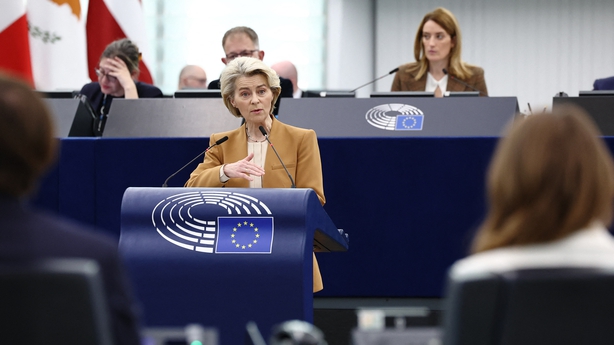
They also know that agriculture needs to move to a more sustainable model of production so that farms remain profitable in the future.
She pointed out that 60% or 70% of soils in Europe are now in poor condition, but nature conservation can only be successful through a bottom up and incentive-based approach.
The issue of pesticides is just one of a long list of grievances that have prompted a mass protest movement by EU farmers, who in recent weeks have used tractors to block key roads to complain of shrinking income and rising production costs.
With far-right and anti-establishment parties – which are predicted to make significant gains in June’s European elections – latching onto the farmers’ movement, the environment debate has turned politically explosive.
Last week, 1,300 tractors clogged the area around an EU summit in Brussels, forcing their revolt to the top of the leaders’ agenda and resulting in a number of other concessions, especially in France.
Protests were continuing today, including in the Netherlands – and with demonstrations called for outside the European Parliament in Strasbourg.
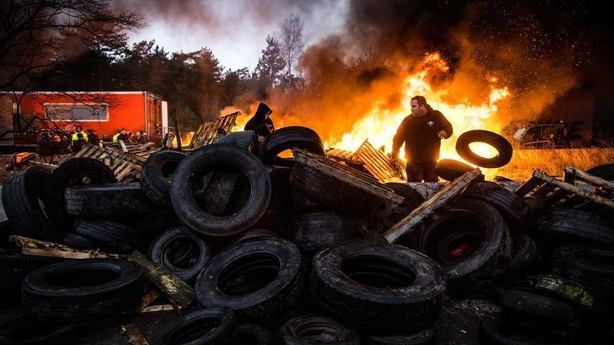
“Many of them feel pushed into a corner,” Ms Von der Leyen acknowledged, adding: “Our farmers deserve to be listened to.”
At the same time, though, she emphasised that European agriculture “needs to move to a more sustainable model of production” that was more environmentally friendly and less harmful to soil quality.
“Perhaps we have not made that case convincingly,” she said.
To get there, Ms Von der Leyen said “trust” had to be built between farmers and policymakers, and she pointed to consultative dialogue Brussels has started with a broad range of representatives in the agri-food sector.
She said that, while she wanted to withdraw the proposed law on pesticides, “the topic stays” even if “a different approach is needed”.
She suggested that the European Commission could come up with a revised legislative proposal at a later date – an initiative that would likely fall to the next commission resulting from EU elections taking place in June.
Ms Von der Leyen has not yet said whether she intends to seek a new mandate at the head of that commission.


